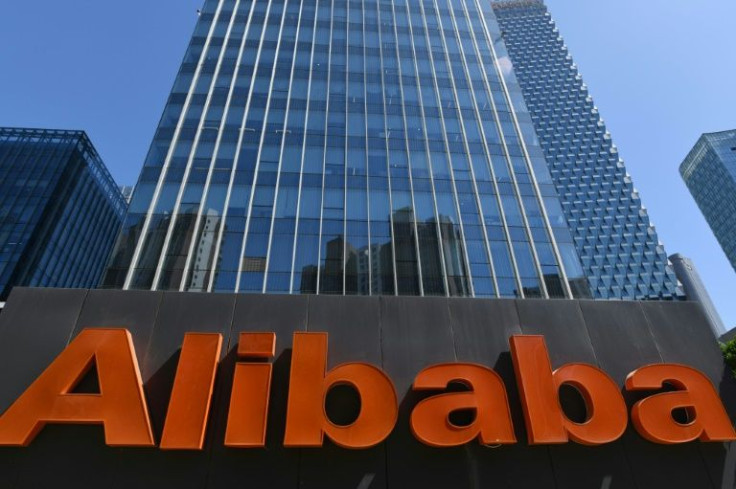Alibaba Has A Bigger Problem Than Reviving Ant Group IPO
Alibaba has a bigger problem on Wall Street these days than reviving Ant Group's IPO: the failure of the company to create value for capital holders, which can explain why its shares remain significantly undervalued.
Gurufocus.com places the intrinsic value of the Chinese internet giant at $368.61, close to three times higher than the current market price of $119.62.
Intrinsic value measures what equities and other assets are worth based on the discounted cash flow they generate for their holders. Value investors often use it in search of bargains. They quickly grub the shares of undervalued companies. "Mr. Market" — to use Benjamin Graham's terminology — will align the market price with the intrinsic value.
What's "Mr. Market" missing in the case of Alibaba?
Why do value investors not rush to buy the shares of Alibaba to close the gap?
Because what looks like value is a value trap.
Alibaba creates a lot of cash flows that boost its intrinsic value, but it destroys rather than creates value for capital holders as measured by the economic value added (EVA) concept.
EVA, the difference between the return on invested capital (ROIC) and the weighted average cost of capital (WACC), is a crucial concept in security analysis. It's used to measure the strength of a company's competitive advantage: the higher the EVA, the stronger its competitive advantage. EVA indicates how effectively publicly traded companies manage other people's money by seeking excess market returns.
Alibaba once created a great deal of EVA, according to Gurufocus.com estimates. That was before 2013, when the company enjoyed cozy ties with the Chinese government, helping keep the competition off Alibaba's market.
Somewhere down the road, relations with the Chinese government soured, and competition from JD.com Inc. and Pinduoduo caught up, eroding Alibaba's EVA. It stands at minus-3%, down from 42% in 2013, according to gurufocus.com. A negative EVA is an indication that Alibaba is destroying rather than creating value as it grows. It's a value trap.
Investor Eric Schiffer thinks the worst is behind Alibaba.
"Regulators and COVID created a perfect storm of capitulation amongst investors in Baba," he told International Business Times. "Baba's underlying forces are being reversed through the governmental easing of financial conditions, COVID abatement and regulators backing off tech — all of which present investors with big upsides over the next two to four quarters."
Harrison Rogers, CEO of HJR Global, isn't so sure about it.
"The risk profile of Alibaba remains quite high for the stock," he told IBT. "The uncertainty of the Chinese regulatory environment, which can shift on a dime, means you could see major swings in the stock price continue in both directions."
Tyler Tucci, head of research at SynerAI, will stay away from the company's shares after recent gains, seeing the stock sliding again.
"A slide towards $65 a share by this fall is not off the table, so we're not in any real hurry to buy here after it has moved almost 50% off the May lows," he told IBT.

© Copyright IBTimes 2025. All rights reserved.






















